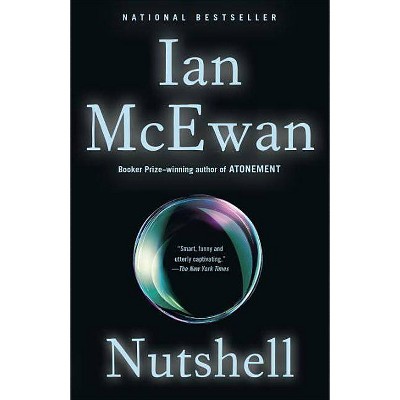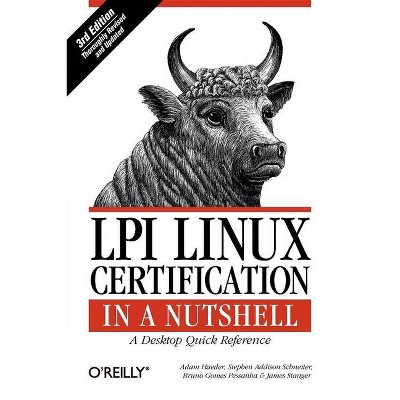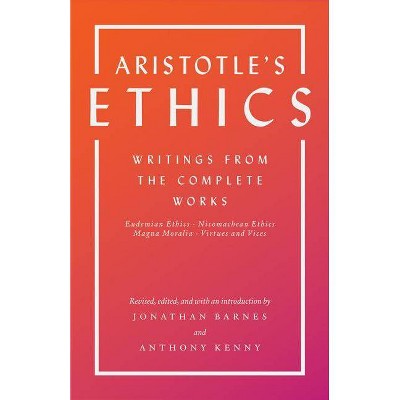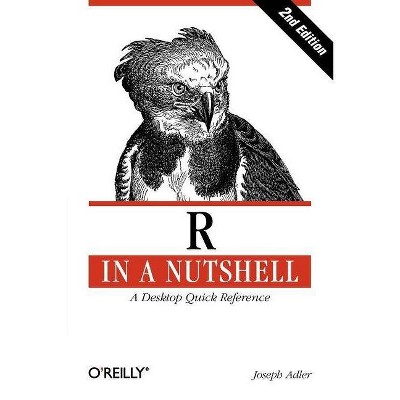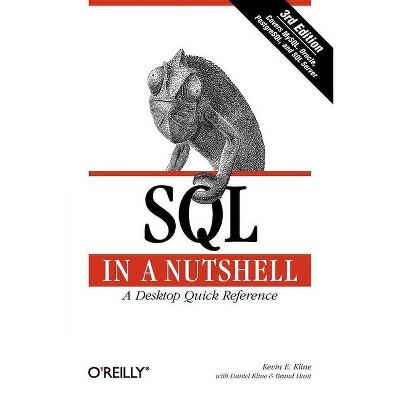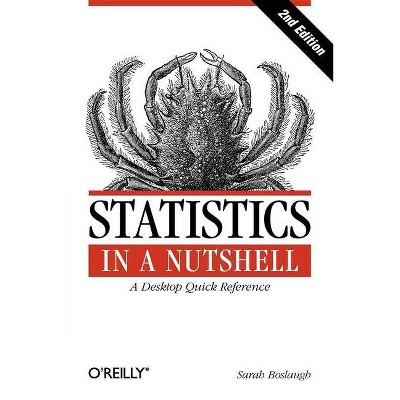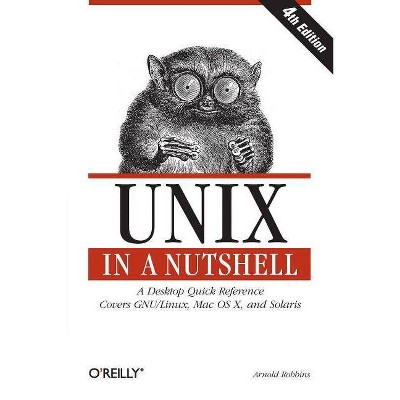Ethics in a Nutshell - by Matt Deaton (Paperback)

Similar Products
Products of same category from the store
AllProduct info
<p/><br></br><p><b> Book Synopsis </b></p></br></br><p><b>Hi, I'm Matt Deaton, ethics bowl enthusiast, online ethics professor and YouTube sensation.</b> Well, maybe not YouTube <em>sensation...</em> But still, you may know me from hits such as "Sandel's <em>Justice </em>Chapter 2: Utilitarianism" (recorded in front of the White House) or <em>"Ethics in a Nutshell </em>Chapter 5: The Four Dominant Ethical Theories" (recorded floating down a river) or possibly from EthicsBowl.org. Thanks for checking out my concise and more laid back than most ethics intro.</p><p>As you may already know, philosophical ethics can be confusing, especially if you're evil. Kidding! It's tough even for the best of us, sometimes boring, and often stuffier than it needs to be. Let's fix that.</p><p>Check out <b>YouTube.com/MattDeatonPhD</b> to preview my style and see complementary videos for every chapter. If I'm too laid back for your tastes, no worries - more complicated ethics intros abound. But if I'm resonating, here are some of the questions <em>Ethics in a Nutshell</em> answers.</p><p><b>What's philosophy?</b> The reason-based attempt to answer life's big non-empirical questions.</p><p><b>What's ethics?</b> The reason-based attempt to decide what we morally ought to do.</p><p><b>What are philosophers (including ethicists) like?</b> Spock. Yes, the one from Star Trek with the pointy ears. Devoted to the rational pursuit of truth, but humble, and willing to change his mind when given good reason (and with great hair) - Spock would have made a fine philosopher. Love him.</p><p><b>Can philosophical ethics and religion peacefully coexist?</b> Of course! Your uncle or pastor may disagree. But surely a creator would want us to use these big brains to think through all sorts of questions, including questions about what we morally ought to do. However, I present philosophical ethics as a supplement, not a replacement - so feel free to incorporate only what makes sense.</p><p><b>Doesn't the law tell us what our ethics should be?</b> Please no. Consider laws legitimizing the sale of humans or forbidding women from voting. Even when you could <em>legally</em> buy people, this didn't make the practice <em>moral.</em> Even when women were <em>legally</em> banned from voting, this didn't make covert female voters <em>immoral.</em> Good law tracks morality, but doesn't guarantee it. So leave interpreting the law to judges. We get to decide what the law should be, which is far more fun.</p><p><b>Will you pretty please with sugar on top simplify the four dominant ethical theories?</b> Yes! Utilitarianism mandates that we maximize net pleasure (for everyone impacted by a decision, not just ourselves - sorry, it's not selfish hedonism). Kantianism: only do stuff you could rationally endorse everyone else doing, and treat persons with respect (and never as mere tools). Feminist Care Ethics: prioritize the interests of loved ones. Virtue Ethics: practice the virtues (bravery, patience) and avoid the vices (cowardice, The Masked Singer).</p><p><b>How do moral arguments by analogy work?</b> By comparing two relevantly similar cases and applying similar moral logic to both. "Hey, case A is about personal freedom, and so is case B. So let's treat case B the same way we treat case A. Duh."</p><p>There's more, but that's enough for now. Don't forget the lecture vids - made new ones for chapters 1-3 in 2020. Teachers, check out the sample essay and exam questions and editable syllabi at <b>EthicsinaNutshell.org</b>. And all readers, feel free to shoot me questions via the contact form at <b>MattDeaton.com. </b>Cheers, Matt</p>
Price History
Price Archive shows prices from various stores, lets you see history and find the cheapest. There is no actual sale on the website. For all support, inquiry and suggestion messages communication@pricearchive.us


